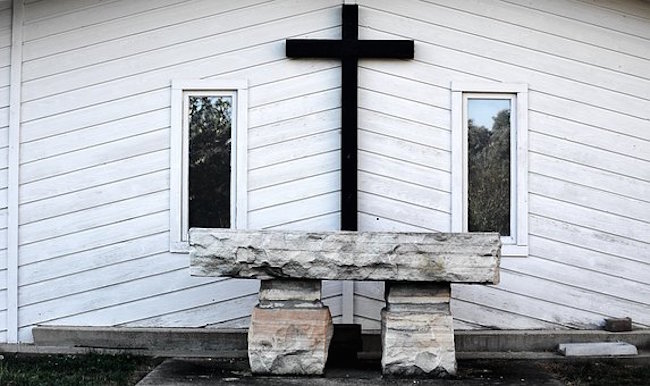2 Georgia churches leave United Methodist Church over LGBT stance, announce merger By Michael Gryboski, Christian Post
Two congregations in Georgia have left the United Methodist Church over the denomination’s opposition to homosexuality and merged into one church.
Asbury Memorial Church and Wesley Oak Church, both based in Savannah, recently voted to disaffiliate from the UMC South Georgia Conference.
Asbury, which averaged 287 attendees in weekly worship in 2019, finalized its process of disaffiliation last fall. Meanwhile, Wesley Oak, which averaged 29 attendees, finalized disaffiliation earlier this month.
Asbury Memorial Pastor Rev. William Hester told The Christian Post on Monday that the decision to leave came soon after the 2019 special session of the UMC General Conference.
Delegates at the special session voted to reaffirm the theologically conservative stance of the UMC regarding homosexuality, rejecting a compromise proposal that would have allowed more regional variance.
Hester explained to CP that “it became clear after this event that the denomination was not heading in the direction we had hoped.”
“Since we disaffiliated last year, Asbury Memorial is a nondenominational, independent church continuing to be rooted in Wesleyan theology,” said Hester.
Regarding the merger with Wesley Oak, Hester noted that the two churches have a long history of fellowship and agreed to combine their ministries once Wesley Oak left the UMC.
“When both congregations felt called to disaffiliate, we both recognized that our ministries would be more effective if we combined our efforts and resources,” the pastor said.
At present, Asbury Memorial and Wesley Oak retain their respective church properties, though each church holds Sunday morning worship at a different time.
The Rev. David Thompson, the conference’s coastal district superintendent, told CP that he was part of conversations between the regional body and the two departing congregations.
“We are never happy to see local churches depart from our fellowship, but understand their desire to do so and pray for their future ministry,” Thompson said. He described the process as being “gracious” in nature.




